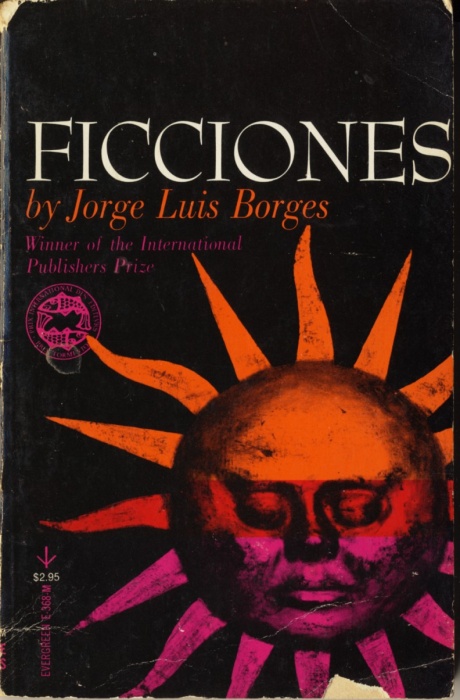The idea of a blind man in charge of a nation’s books may sound like something from a fantasy novel, but this was the real-life story of Argentinean writer Jorge Luis Borges.
Borges is best known for his strange tales about libraries that have no end, traitors who betray themselves, and gardens with paths that fork into infinity.
The idea of a blind librarian is, in fact, a rather “Borgesian” idea; a word that has come to mean ironic or surprising things that involve inversions of reality, mirrors, and repeating mazes.
Born in 1899, Borges lived most of his life in Buenos Aires, where he wrote, gave public lectures, and taught at the local university. By the time he was appointed director of the National Library at age 55, a genetic condition had made him go completely blind.
Like the poets Homer and Milton, who were also blind, the loss of the visual world only fueled the life of Borges’ imagination and its expression in his fiction.
His stories are always short and often read like essays explaining some invented discovery, like the secret society rewriting history in Tlšn, Uqbar, Orbis Tertius, or reviews of books that have never existed, as in The Book of Sand.
The joy of reading Borges is that his stories are puzzles that resolve in the end, making sense of a seemingly disjointed reality.
This sense-making through fiction was Borges’ way of processing some of the horrors he experienced in his own lifetime, including WWI, oppressive dictatorships, and his own failing body.
In fiction, he conjured a reality that is, as he said, “surely a labyrinth, but a labyrinth devised by men, a labyrinth destined to be deciphered by men.”
The texture of Borges’ writing is that of a luminous imagination at work, making sense of the senselessness of the world.
Borges Must-Read:
Ficciones
(Lansdowne library code: PQ 7797 B635 F5)

